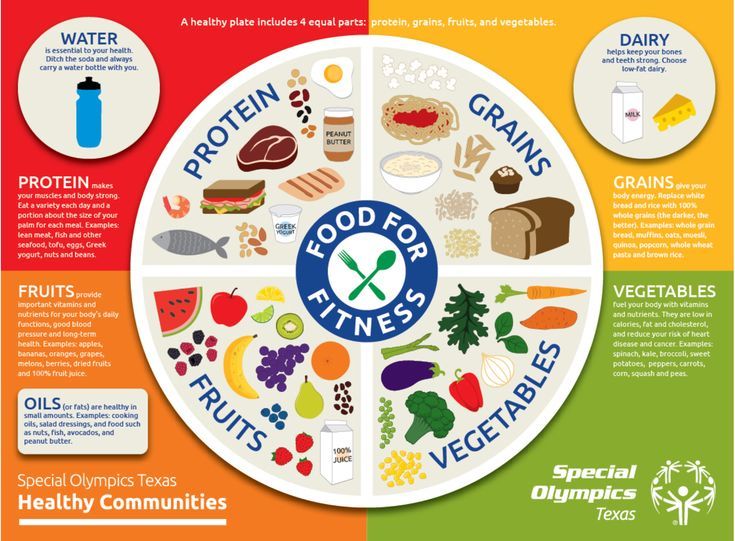As an athlete, your performance can significantly rely on the fuel you provide your body. To optimize your physical abilities and enhance your recovery, it’s crucial to adopt a well-balanced meal plan that fuels your body with the right combinations of nutrients. In this article, we will explore how to craft balanced meals for peak athletic performance.
The Macronutrient Ratio
Properly balancing macronutrients is essential for athletes to meet their energy demands. The ideal macronutrient ratio for athletic performance typically includes carbohydrates, proteins, and fats in the following proportions:
Carbohydrates: Approximately 50-60% of caloric intake should come from complex carbohydrates like whole grains, fruits, and vegetables.
Proteins: Around 15-20% of caloric intake should be sourced from lean proteins such as chicken, fish, lean beef, tofu, or legumes.
Fats: Roughly 25-30% of caloric intake should be obtained from healthy fats like avocados, nuts, seeds, and olive oil.
Pre-Workout Fuel
The meal consumed before your workout plays a pivotal role in your performance. It should be rich in carbohydrates to provide immediate energy and prevent muscle fatigue. Include some easily digestible proteins for muscle maintenance and repair. Here’s an example pre-workout meal:
Whole grain toast topped with almond butter and sliced banana.
Greek yogurt with a handful of berries.
A glass of freshly squeezed orange juice.
Post-Workout Recovery
Recovering after intense workouts is crucial to prevent muscle breakdown and promote growth. Your post-workout meal should provide a balance of carbohydrates and proteins, aiding in replenishing glycogen stores and facilitating muscle repair. Consider the following example:
Grilled chicken breast.
Quinoa salad with mixed vegetables.
A small serving of sweet potatoes.
Meal Planning for Sustained Energy
For sustained energy throughout the day, it’s essential to distribute your meals properly. Opt for five to six smaller meals or three main meals and two to three balanced snacks. Prioritize complex carbohydrates for long-lasting energy and pair them with adequate proteins and healthy fats. Here is a suggested meal plan:
Breakfast: Oatmeal topped with fresh berries and a scoop of protein powder.
Morning Snack: Sliced apples with peanut butter.
Lunch: Grilled salmon with brown rice and steamed vegetables.
Afternoon Snack: Greek yogurt with a drizzle of honey and chopped nuts.
Dinner: Lean beef stir-fry with whole grain noodles and mixed vegetables.
Evening Snack: Carrot sticks with hummus.
Hydration is Key
Proper hydration is fundamental for any athlete. Water supports digestion, nutrient absorption, temperature regulation, and overall performance. Consume enough water throughout the day and particularly before, during, and after exercise. Aim for a minimum of eight glasses (64 ounces) of water daily.
Conclusion
Achieving peak athletic performance requires a careful balance of nutrients tailored to your body’s needs. By crafting balanced meals with the appropriate macronutrient ratio, pre and post-workout fuel, sustained energy through meal planning, and prioritizing hydration, you can enhance your performance, optimize recovery, and reach your athletic goals.
